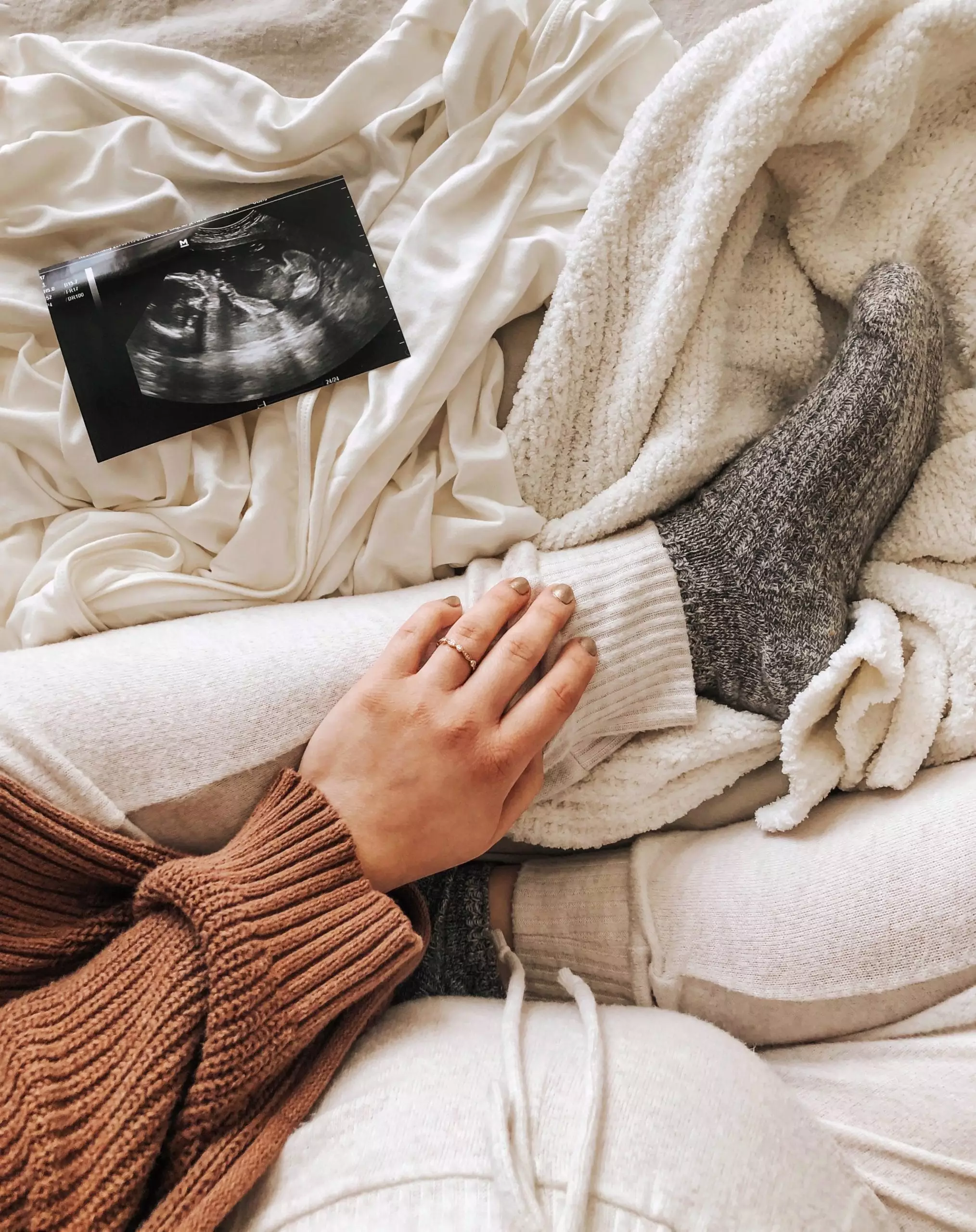As the days stretched closer to my 42nd birthday, a sudden realization struck: my period hadn’t arrived. On a beautifully sunny day, I found myself wandering aisles of Target, resurrecting a ritual I hadn’t participated in for over a decade—a trip to purchase a pregnancy test. For three long years, my partner and I had attempted to conceive; each month felt like an unwelcome guest arriving right on schedule. However, when the test finally revealed the long-sought confirmation, we were simultaneously ecstatic and cautious. That elation soon transformed into heartbreak when, at 13 weeks, our hopes for the future came crashing down with the loss of our child.
Fast forward a year, almost marking another birthday and I discovered I was pregnant once more. This news felt like a bittersweet gift, a chance to renew the dream I held tightly—to have a family. Yet, amidst this newfound joy loomed a complex tapestry of emotions. Articles had suggested that conceiving after loss could heal old wounds, but in my experience, it often served as a continuous reminder of what was gone. I grappled with inconsolable thoughts, reminiscing about milestones that would have marked my lost child’s growth and development. Envisioning a world where he existed made my present reality even harder to digest; I yearned for what could have been, wishing I could rewrite history with the simplicity of a storybook.
Living between these two realities—the anticipation of a new life and the sorrow for the one lost—was a precarious tightrope walk. Some days, the notion of becoming pregnant again felt perfectly natural; other days, it appeared utterly inconceivable. Grief is a paradox—one moment it invites you closer, while the next, it shrouds you in despair. Trivial encounters, like seeing another baby in the grocery store, could ignite a surge of optimism or leave me inconsolably sobbing on the kitchen floor.
In the digital age, I assumed that, once ready, pregnancy would come swiftly. Despite my age and the statistical odds seemingly stacked against me, fertility specialists assured us that we were in good health. Yet those articles that proclaimed high fertility rates after a loss held no truth in our narrative. My body seemed to demand time to reconcile the events of the past. Thus began my silent mourning—not just for the child I had lost, but also for the dreams and potential futures that slipped away.
Reflecting on the tumultuous layers that accompanied my loss, I often wish I could give my past self a piece of advice: “Prioritize healing; worry will always be there.” The aftermath of our loss was fraught with unresolved emotions that left me feeling irritable and devoid of patience. Some moments found me nurtured with memories of our lost child, while others compelled me to deflect questions about my pregnancy history. It was a delicate balancing act of acknowledgment and avoidance.
Sharing my experiences with friends opened doors I hadn’t anticipated. Others around me revealed their own stories of loss, creating a tapestry of shared vulnerability. Several friends were also pregnant alongside me, allowing us to cultivate a collective understanding of our fears tied to our previous losses. This camaraderie proved invaluable, showing me that healing doesn’t have to be a solitary journey.
Another misconception I held was that my partner may not have experienced the grief of our loss as deeply as I did. I now understand that assumptions about grief can be misleading. By inviting him into my emotional world, we established a transparent dialogue that encouraged empathy and connection. He, too, radiated excitement for our impending arrival, always ready to discuss the past, fostering a strong foundation for our future.
As I write this—feeling the rhythmic kicks of life blossoming within me—an overwhelming sense of gratitude sweeps over me. The narrative of loss and hope has forged an intricate path toward healing, demonstrating the extraordinary resilience of the human spirit. Pregnancy after loss is a multifaceted journey; it is an exploration of emotions that encapsulate joy, fear, and anxiety, all while navigating the complexities of embracing the new while honoring the past.
While the challenges inherent in this experience can often feel isolating, opening up to others about the rollercoaster of feelings has forged connections that weave us together in solidarity. Emotional preparation is as crucial as physical readiness during this time. Consulting healthcare professionals and leaning on support systems has proven vital in confronting the maze of emotions that arise.
Acknowledging the blend of happiness and sorrow throughout this journey is essential. Caring for oneself is not an act of selfishness; it’s an acknowledgment of the intricacies of life. As we approach our final destination—welcoming our child into this world—we hold onto the belief that love, both lost and gained, acts as a guiding force. Each emotion encountered strengthens us, dignifying the width of our experiences as we move forward with hope, resilience, and an open heart.

